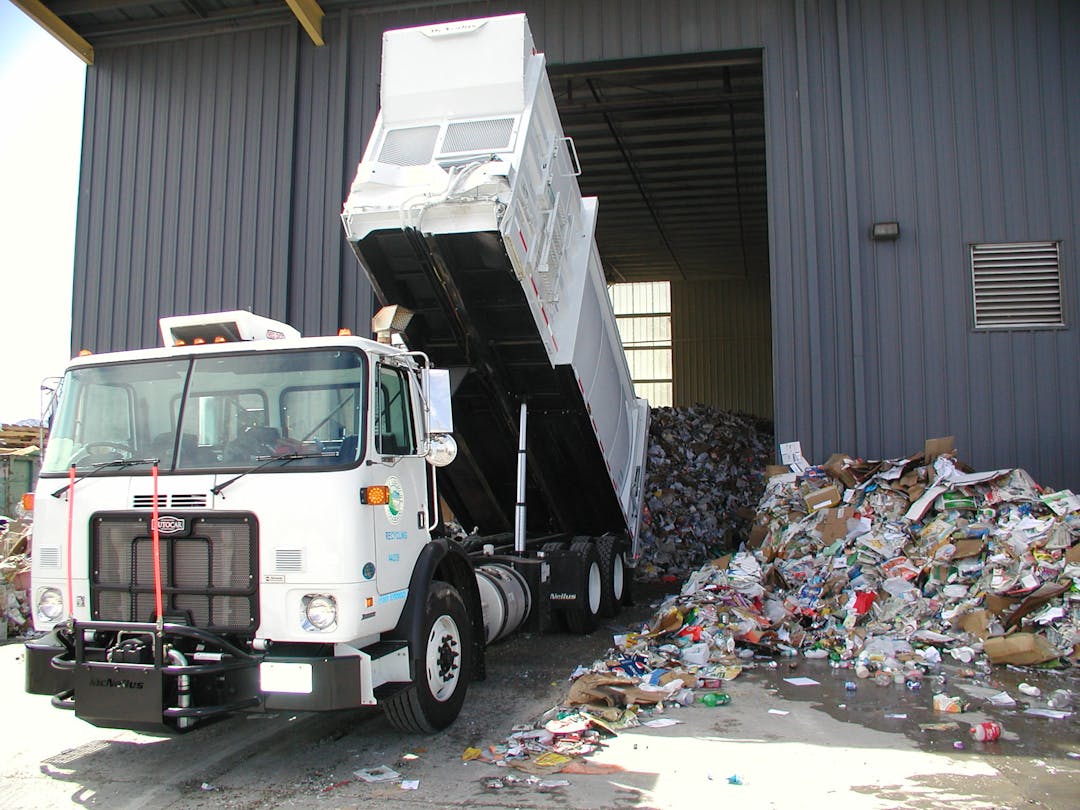Zero Waste Resolution and Universal Recycling Ordinance
Consultation has concluded

On April 25, Longmont City staff returned to City Council to further discuss the financial impacts of the Universal Recycling Ordinance and how to support businesses and multifamily properties in complying with the Ordinance. City Council directed City staff to continue the current proposed timeline of:
Jan. 1, 2024: Recycling services required for commercial properties over 10,000 square feet and multifamily properties with more than 75 units
June 1, 2024: Recycling services required for all commercial and multifamily properties
Jan. 1, 2025*: Organics collection required for food wholesalers, distributers, manufacturers and grocery stores
June 1, 2025*: Organics collection required for other select business types
Jan. 1, 2029: Organics collection required for landscaping companies
*This timeline may be adjusted as we continue to monitor changes to composting policies from A1 Organics. Exemptions will be available for qualifying locations. More details will be available once the ordinance is finalized.
Staff will return for the first reading of the Ordinance in June, with final approval likely by the end of July.
Visit the City's Universal Recycling Ordinance Information webpage, follow the Engage Longmont webpage or contact the City’s Sustainability program at sustainability@longmontcolorado.gov to learn more.
Overview
The waste we generate has a significant impact on our communities. Results of that are litter, pollution, contamination of soil and water and the production of greenhouse gas (GHG) emissions, which create challenges for us all to live in a clean and safe environment. The Resolution sets a new target of 75% of trash diverted from the landfill by 2030 and 95% by 2050. Read a one-page summary of the Resolution or the full Zero Waste Resolution.
The Longmont City Council has directed staff to evaluate a number of approaches to reduce waste to the landfill and create objectives that help reduce GHG emissions:

Reducing waste and diverting waste from landfills through recycling and composting is a critical part of achieving the Council’s directives and contributes to creating a clean and safe community and healthy ecosystems that support clean air, water and soil. The City of Longmont is committed to zero waste efforts and has put an aggressive plan in place to reach that goal.
An important part of the plan is to update the City’s current Zero Waste Resolution, which was adopted by the city council in 2008. The resolution is an overarching statement of commitment on waste management practices. In 2016, the City completed the first community Sustainability Plan, which included a focus on waste and established a goal of reaching a 50% diversion (reuse, recycling and composting) rate in the residential sector by 2025. In 2021, the City achieved a 42% diversion rate, bringing the 2025 goal into realistic sights.
The continued increase in residential waste diversion is a big achievement for climate action but we can do even better. In late September, Council adopted an updated Zero Waste Resolution which sets new targets to guide future decision-making. The resolution, which passed unanimously, sets a goal of 75% waste diversion by 2023 and 95% diversion by 2050.
To achieve the new targets, different strategies include adopting a Universal Recycling Ordinance, installing recycling and compost bins in key park and downtown locations, and expanding multicultural education and awareness.
In order to address waste diversion in the commercial sector, City staff will evaluate and propose a Universal Recycling Ordinance that will expand recycling requirements across the City of Longmont and further increase landfill diversion rates.
The updated Zero Waste Resolution and the Universal Recycling Ordinance are both intended to keep Longmont on its path to achieving goals for diverting waste from landfills, reducing litter, pollution and contamination of soil and water, as well as greenhouse gas emissions. View frequently asked questions about this initiative.




